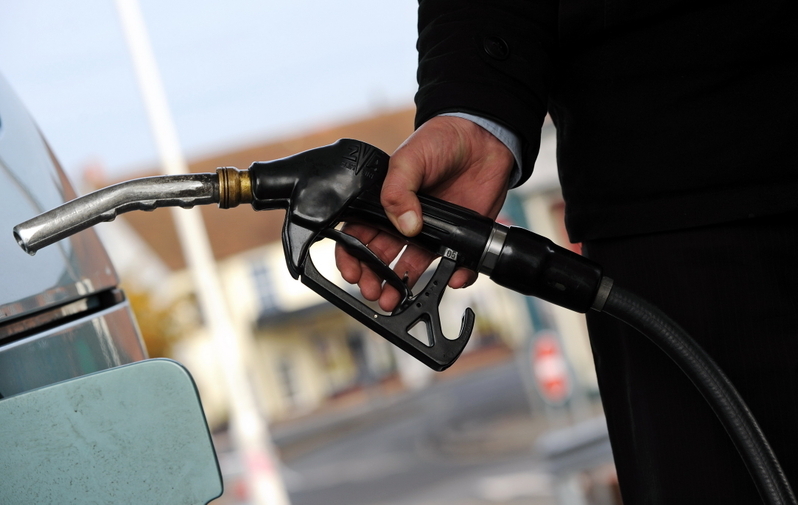
(AFP Photo)
Diesel storage stations with a capacity of 200,000 tonnes are being established by the Arabian Company for Petroleum Pipes (Sumed), company chairman Khaled Salih said in a press release on Saturday.
“The company is currently establishing a new pipeline to transport its petroleum products from its site at the Al-Ain al-Sokhna Port on the Red Sea to Al-Tibeen in southeast Cairo. The pipeline will be 100 Km long.”
“Sumed decided to establish diesel storage stations with a capacity of 200,000 tonnes,” Salih also said in the statement.
The company is supervising the construction of a petroleum pipeline that extends from Al-Ain al-Sokhna on the Suez Gulf to Sidi-Kerir on the Mediterranean Sea, near Alexandria. The route is considered an alternative to the Suez Canal when transporting petrol from the Arabian Gulf to the coast of the Mediterranean Sea.
“The company is looking to establish a receiving station for diesel fuel trucks, with a capacity of 45,000 tonnes. This would supply the new Al-Ain Al-Sokhna’s power station with a daily capacity of 7,000 tonnes of diesel fuel.”
Sumed’s ownership is divided between the Egyptian Petroleum Public Authority, with a 50% share; Saudi Arabia’s ARAMCO, which holds a 15% share; International Petroleum Investments in Abu Dhabi and the Kuwaiti Company for Metallic Pipes Industries, each with 15% respectively; and Qatar Petroleum, with a 5% share.
Egypt’s Oil Minister Sherif Ismail said, “The undertaking of these projects at Sumed’s Port in Al-Ain Al-Sokhna is a part of the ministry’s policy to increase its storage capacity of petroleum products. This will provide adequate flexibility to enhance the petroleum product circulation system as well as the infrastructure.”
Translated from AlBorsa Newspaper


